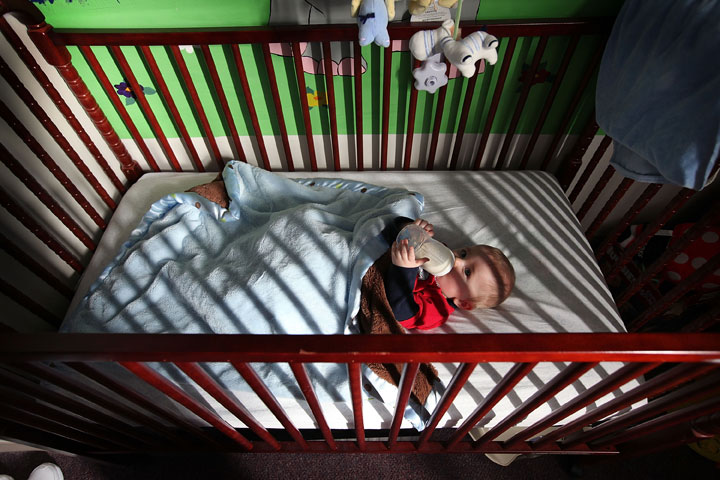There isn’t a plan to end the use of birth alerts in Manitoba — when social service workers warn hospitals of at-risk expectant mothers without the parents’ consent — but the province is reviewing the practice along with the child welfare system as a whole.

“The continued use of birth alerts is under review in Manitoba,” a Manitoba Families spokesperson wrote in an email statement. “We have heard concerns related to the previous birth alert practice stemming from our legislative review committee and the MMIWG inquiry.”
The province’s comments come after British Columbia’s government announced it is no longer issuing birth alerts, instead focusing on better supporting at-risk, expectant parents collaboratively.
Birth alerts sometimes result in infants being taken into child welfare almost immediately after birth due to safety concerns.
“The province and CFS authorities are committed to reducing (the number of) children in care, including newborn apprehensions,” the statement read further.
“We remain committed to modernizing the CFS Act and addressing the recommendations received, including through work already underway to ensure processes and standards related to birth alerts are only used in situations where there is a risk of imminent harm or danger.”
“We are changing the way we work with and support high-risk expectant parents to keep newborns safe and families together through a collaborative, rather than an involuntary, model,” said Katrine Conroy, B.C.’s minister of child and family development.
In Manitoba, 282 infants under four days old were taken into care in 2017-2018, the Manitoba Families spokesperson wrote in a later email, noting that number isn’t solely connected to birth alerts.
“Since that time, they may have returned to their parents, placed with extended family members, or remained in care,” the statement continues.
The head of the Southern Chiefs’ Organization thinks Manitoba and the rest of the country need to look to B.C.
“What B.C. has done is a great example that the rest of the country needs to follow suit on,” Grand Chief Jerry Daniels said. “Our mothers and children need to be supported, support in keeping families together.”
Roughly 90 per cent of children in care in Manitoba are Indigenous.
“What we continue to talk about is the social work practice around birth alerts,” said Daphne Penrose, Manitoba’s advocate for children and youth, of her office’s position on the alerts.
“A birth alert is notifying that a child has been born – if there’s risk factors, plans need to be in place before a child is born.”
Manitoba had 10,328 children in care as of March 31, 2018 — the latest statistic available — which represents a decline of 3.6 per cent from previous years.
The provincial spokesperson also noted a program, the Restoring the Sacred Bond project, announced in January, as an example of steps the province has taken to reduce the number of children in care.
That program will see doulas, or birth helpers, support at-risk Indigenous mothers in partnership with South First Nations Network of Care. A pilot project is slated to begin this fall and is expected to help up to 200 women whose children are otherwise at risk of being apprehended, the province said.
WATCH: Change needs to happen in ‘how we do child welfare’, says advocate





Comments